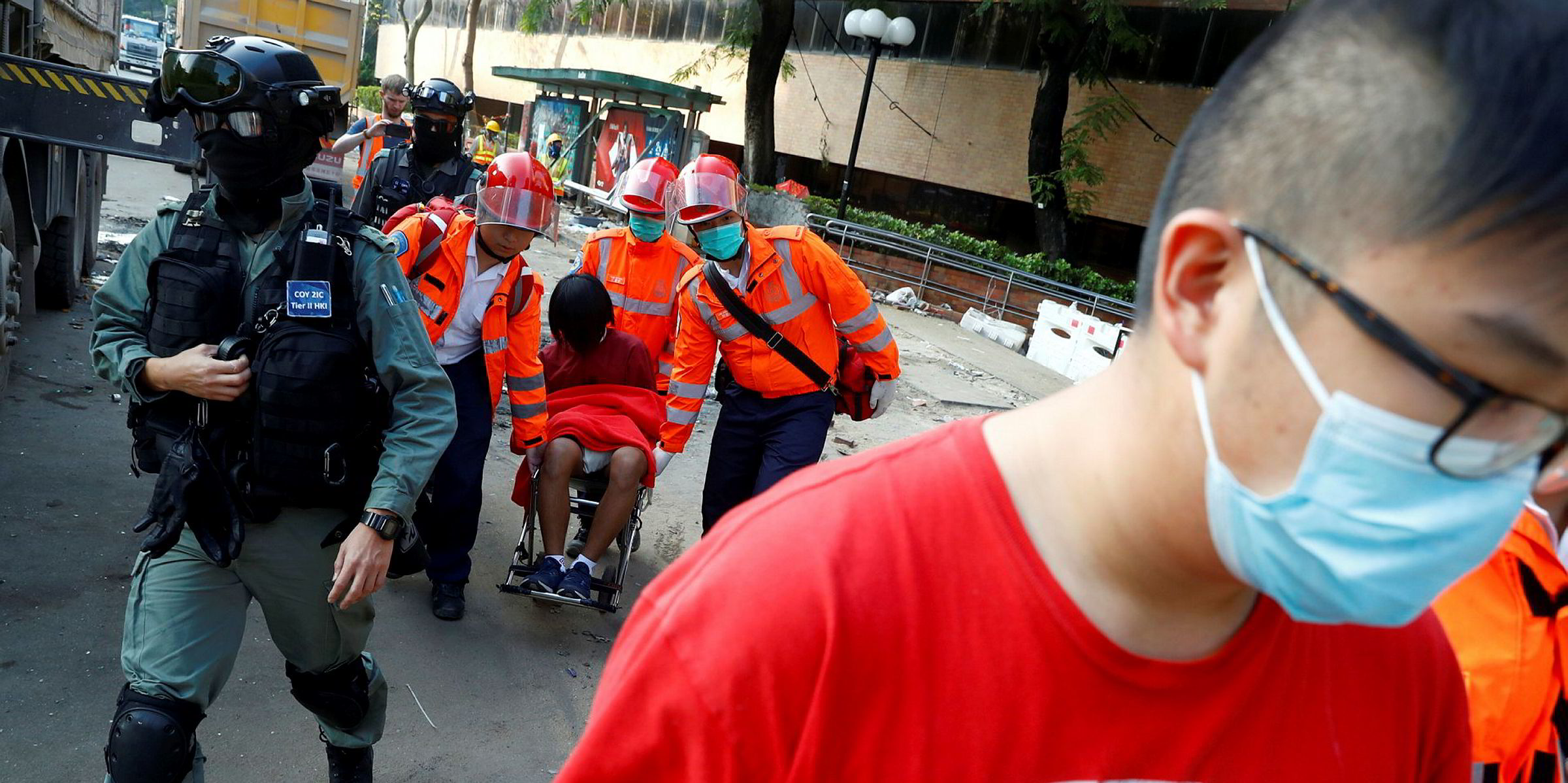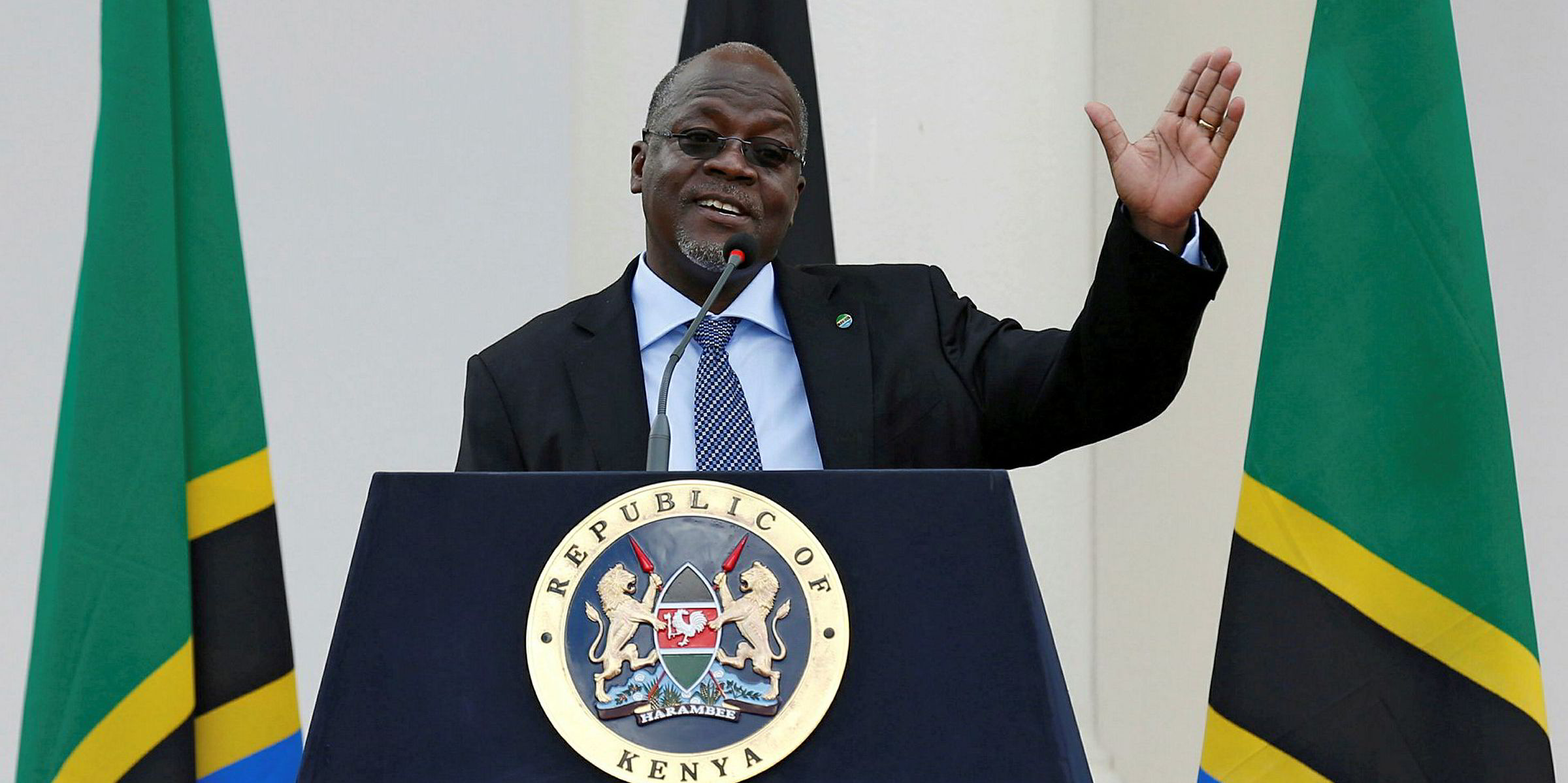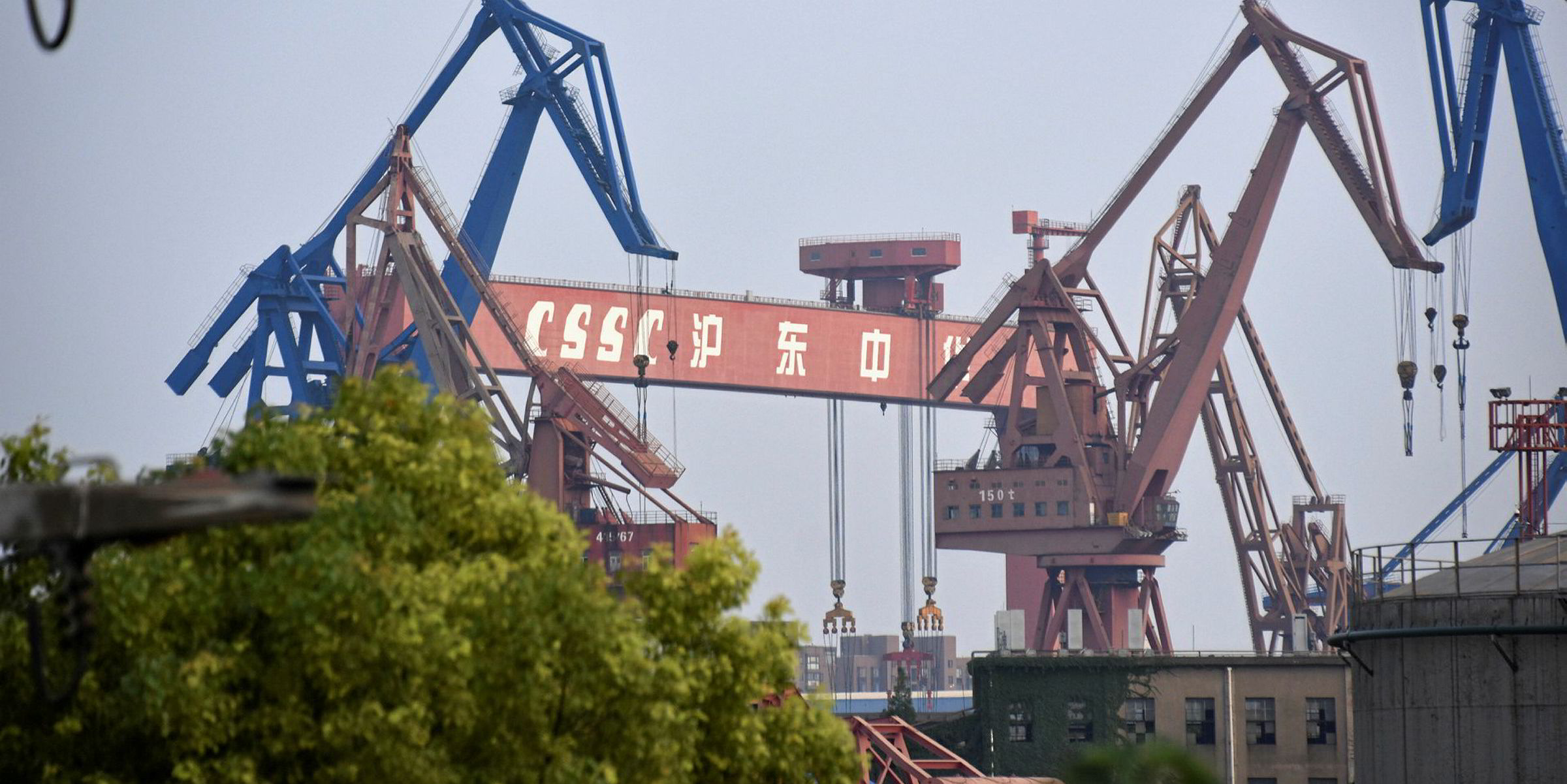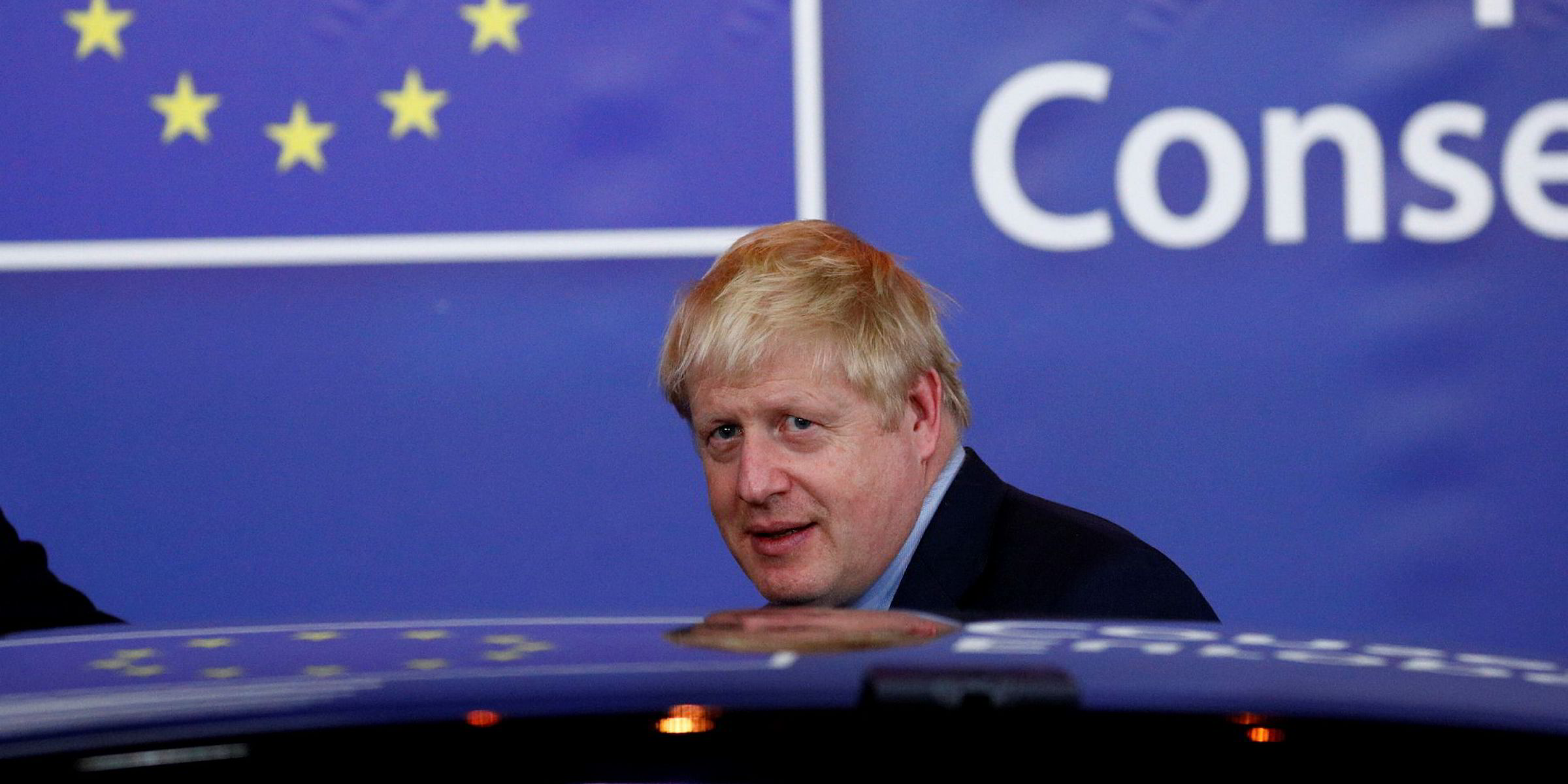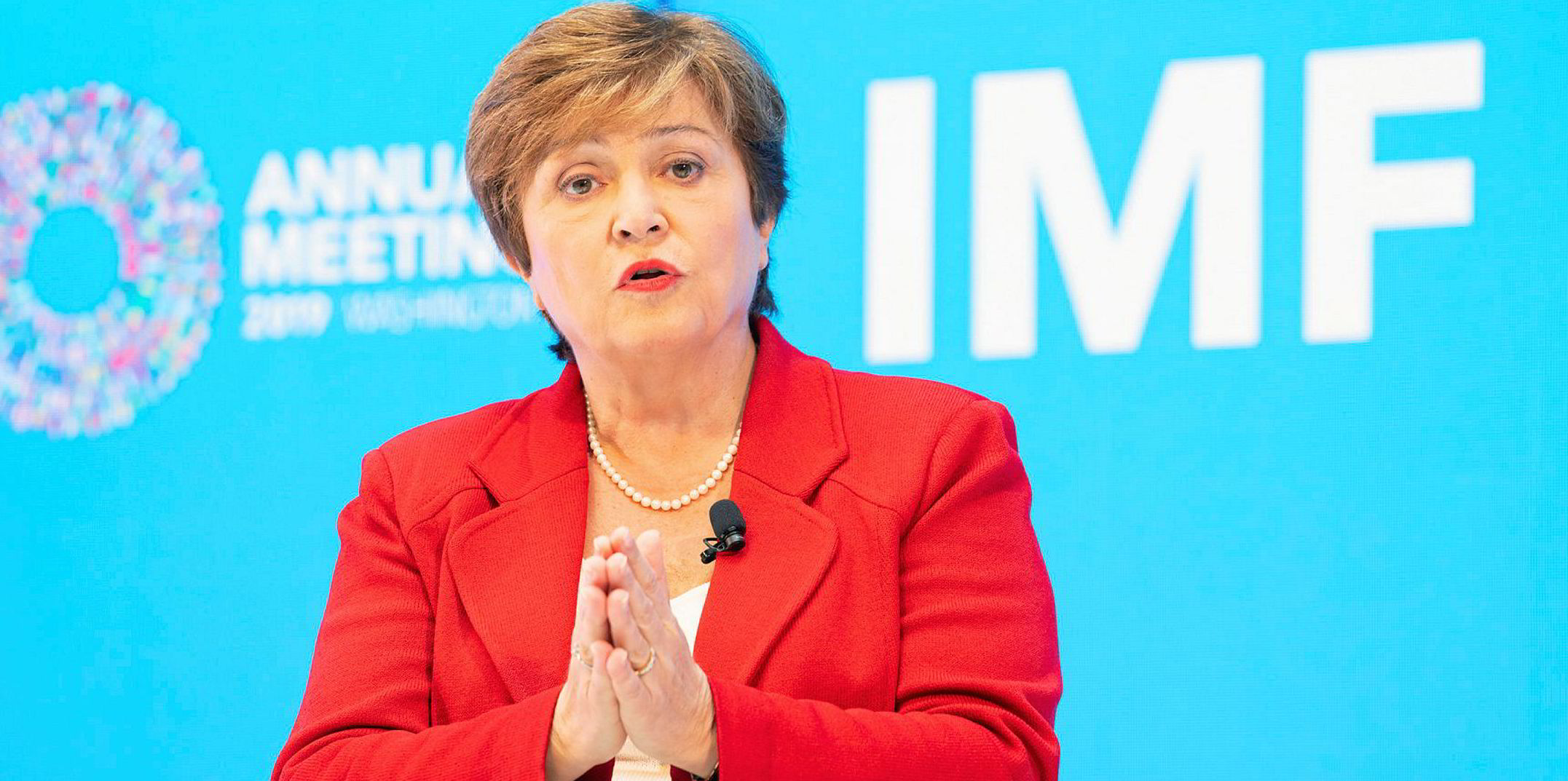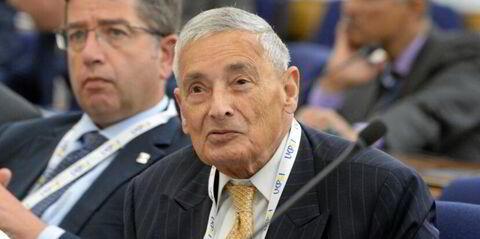Outside the famous King's College Chapel in Cambridge last week I was confronted with two symbols of upheaval from East and West.
Both are disrupting the economic certainty so desired by maritime and other business leaders.
The first was a demonstration by black-mask wearing students from Hong Kong, angry about Cambridge University’s connections with Hong Kong’s chief executive, Carrie Lam. She is a “fellow” at one of the colleges.
The second was a stall run by the Labour Party campaigning to keep local MP, Daniel Zeichner, from losing his seat in Westminster.
Hong Kong and London are two key maritime centres and how things play out here influences much elsewhere.
As I write, the Hong Kong police are firing tear gas into the Polytechnic University building, which has been occupied by students.
Hundreds of protesters are likely to join the 4,500 students who have already been arrested in the disturbances over the past eight months.
Will this break the resolve of pro-democracy demonstrators or further inflame opposition? If the latter occurs will the Red Army be sent in by China? And what does this mean for democracy and the business environment in Hong Kong?
Singapore bound
No doubt most shipping executives would just want the whole issue to go away. But there is no doubt that business sentiment has been badly damaged and some firms are looking to locate to the likes of Singapore.
Hong Kong, ruled by Britain for more than 150 years until 1997, has just reported its first quarterly recession in a decade.
The problem in the province is raising wider questions about the way mainland China is run.
As the Financial Times senior commentator, Gideon Rachman, wrote this week: “In the seven years since he [Chinese President Xi Jinping] came to power, the Chinese state has become significantly more authoritarian, preparing the groundwork in Hong Kong for a backlash against rule from Beijing.”
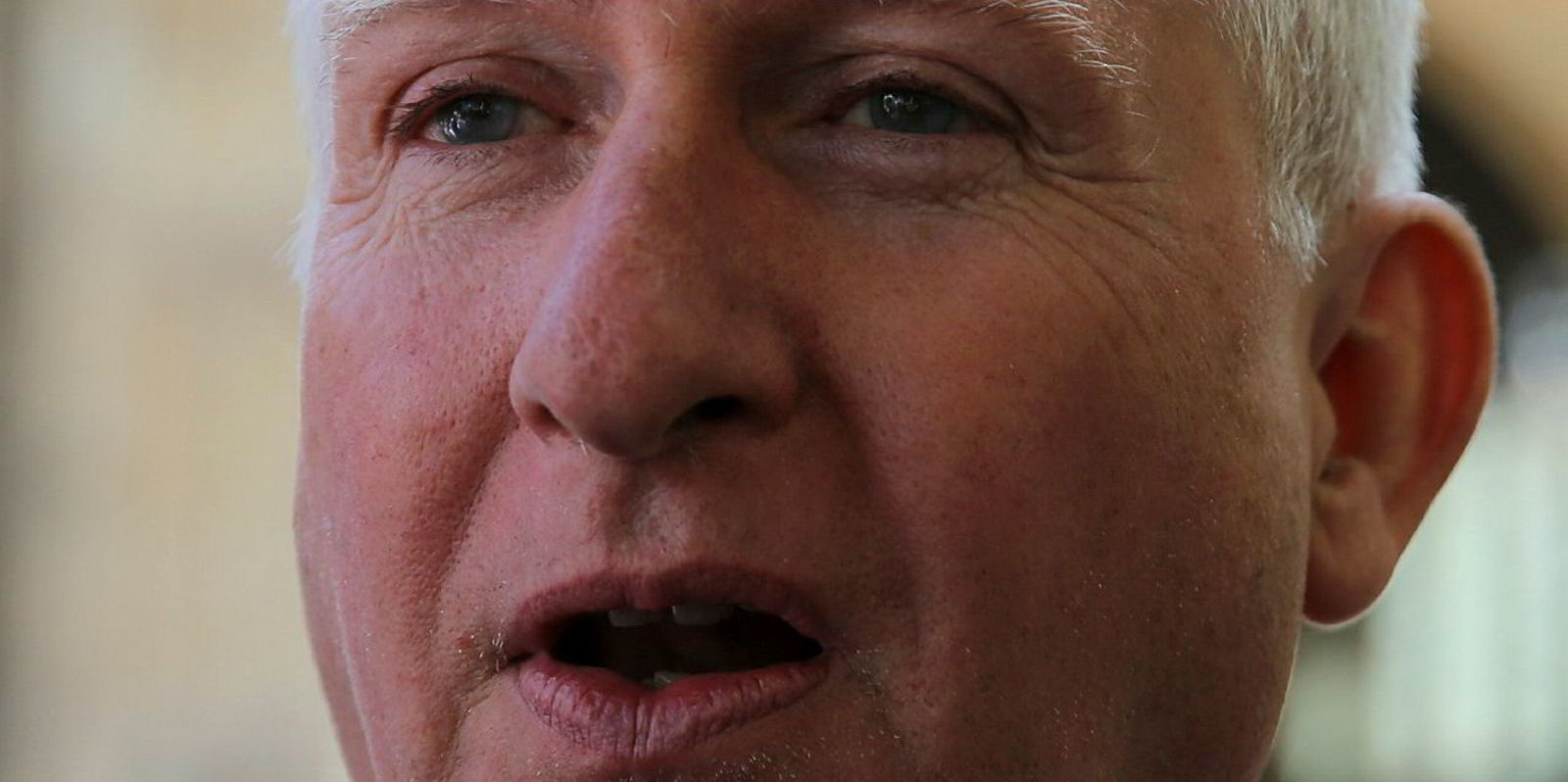
And these politics could spill into the fragile relations which have created the damaging trade war between the US and China.
Meanwhile in Britain, there are no buildings being occupied or riots on the streets — although both have been warned of in the event of either a disruptive no-deal Brexit or its cancellation.
Zeichner is a popular Member of Parliament with a big majority, but his seat is under threat due to Brexit.
He himself is a firm “remainer” in an affluent and cosmopolitan city that recorded one of the highest votes in the country for remaining in the European Union.
Labour needs every seat it can win but it looks like 12 December will see the Boris Johnson-led Conservatives retain power on a “let’s get Brexit done” ticket.
The UK could cease to be a member state of the EU in January but it still needs a follow-up trade deal with its biggest partner.
The Institute of Government, a UK think tank, says the average time for a trade deal to be negotiated is four years.
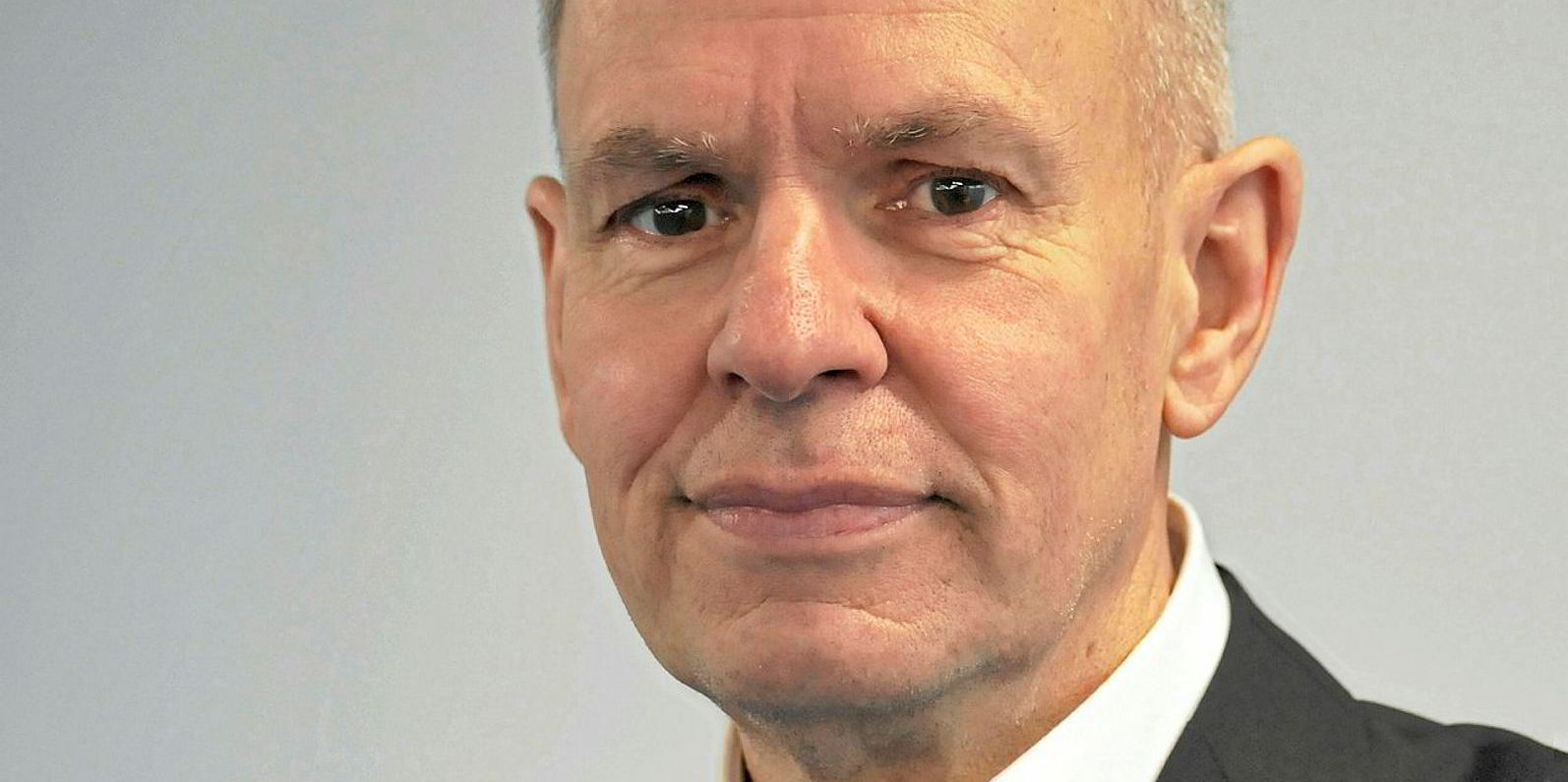
Exiting Europe
The ports of Dover and Calais want to know what happens in the meantime. Well, a transition period will run for a year but after that it is unclear.
Johnson — seen by critics as a divisive populist in the Donald Trump mode — told the Confederation of British Industry this week that delivery of Brexit would allow businesses to “focus on what you do best — spurring innovation, creating jobs, stimulating growth”.
He believes in a low-tax country that could create “Singapore on Thames” — at least in his supporters' eyes.
The Labour Party looks to a Scandinavian social-democratic model with more state intervention aimed at improving living standards for the less well-off.
Despite warm words, neither the Conservatives nor Labour are likely to make huge changes to the maritime world. But they need to stem a massive 33% decline in the UK flag over the past year due to Brexit uncertainty.
Herbjorn Hansson, the boss of Nordic American Tankers, said in the summer that “political unrest is normally positively impacting demand for our ships”.
This may be true in the short term for some operators as trade patterns are disrupted and freight rates soar, but for most its bad, especially long term.
The choristers of King's College will be singing of peace and goodwill at next month’s Christmas service. London and Hong Kong need that more than anything.
